Rasputin was an alien
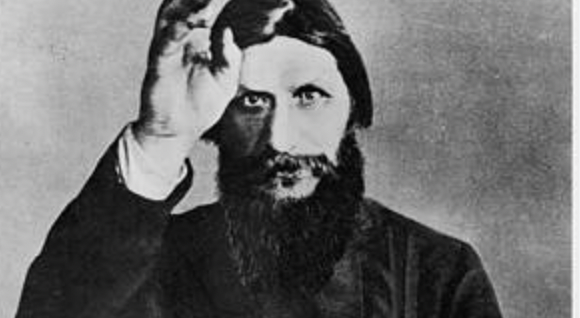
There are so many tinfoil hat conspiracies about Rasputin that it should shock precisely no one that there are those who believe the mystic wasn’t human at all. Evidence for Rasputin’s extraterrestrial status is, well, nonexistent, but that hasn’t stopped this theory from gaining a loyal following, with the History Channel even devoting an episode of its Ancient Aliens series to the matter. Proponents of this theory also suggest that Rasputin was killed by exposure to sunlight, which apparently is fatal to the race of extraterrestrials he came from.
He was killed by the British government

Whilst the exact identities of Rasputin’s killers remain unknown, it is generally believed that he was murdered by a group of Russian nobles led by Prince Youssoupoff. However, uncertainty often proves fertile ground for conspiracies, and there are multiple theories of varying outlandishness about the mystic’s death. One of the more colourful is that his demise was orchestrated by the British government. According to this theory, Rasputin was assassinated by British MI6 agents so that he could be replaced by a “malleable Anglophile bisexual”.
Rasputin is Vladimir Putin

A subset of those who believe that Rasputin is immortal also believe that he remained active in Russian politics after his ‘death’, biding his time and pulling the strings from the shadows until he could re-emerge. Apparently, the mystic evaded detection by continually adopting new identities, including his current one: Vladimir Putin. Whilst this would explain a few things (notably Putin’s evident desire to revive the glory days of the Russian Empire), there isn’t much in the way of evidence. However, proponents of the theory counter with the fact that ‘Putin’ is just ‘Rasputin’ sans the first three letters. Compelling stuff.
Rasputin was invincible
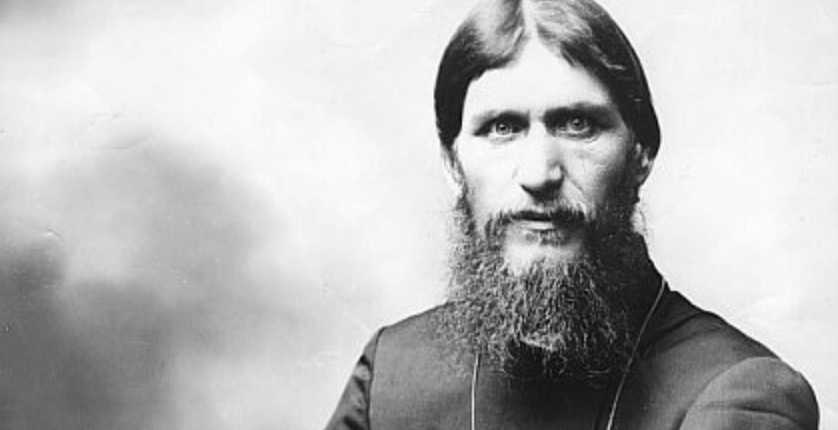
Rasputin claimed to be a prophet, and his intense charisma led many to believe him. Consequently, it was widely believed that as an agent of the divine, Rasputin couldn’t be slain by human means. The credibility of this myth was bolstered when the mystic was stabbed in the stomach by a beggar woman and, despite losing a lot of blood, survived the attempt on his life. Whilst he did prove quite difficult to kill, a group of Russian noblemen eventually dispelled the myth of his invincibility in compelling fashion by poisoning, shooting, and finally drowning the mystic.
His genitals were preserved in a jar
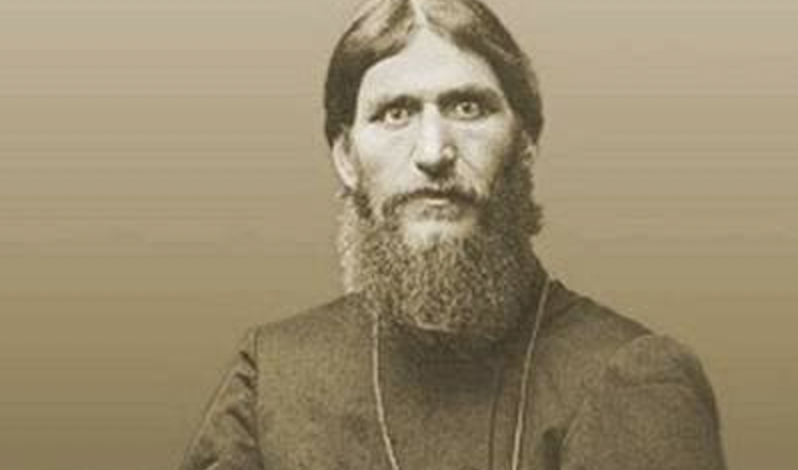
Rasputin was reportedly quite the womaniser and gossip swirled about his sexual prowess, with the mystic rumoured to be endowed to the tune of around 12 inches. Such was his virility that women he seduced were reported to faint in sheer carnal ecstasy. For much of the 20th century, a museum claimed to have Rasputin’s member – removed after his corpse was retrieved from a river – preserved in a jar. However, it was later discovered that the inhabitant of the jar was, in fact, a sea cucumber.
Rasputin slept with the Tsarina
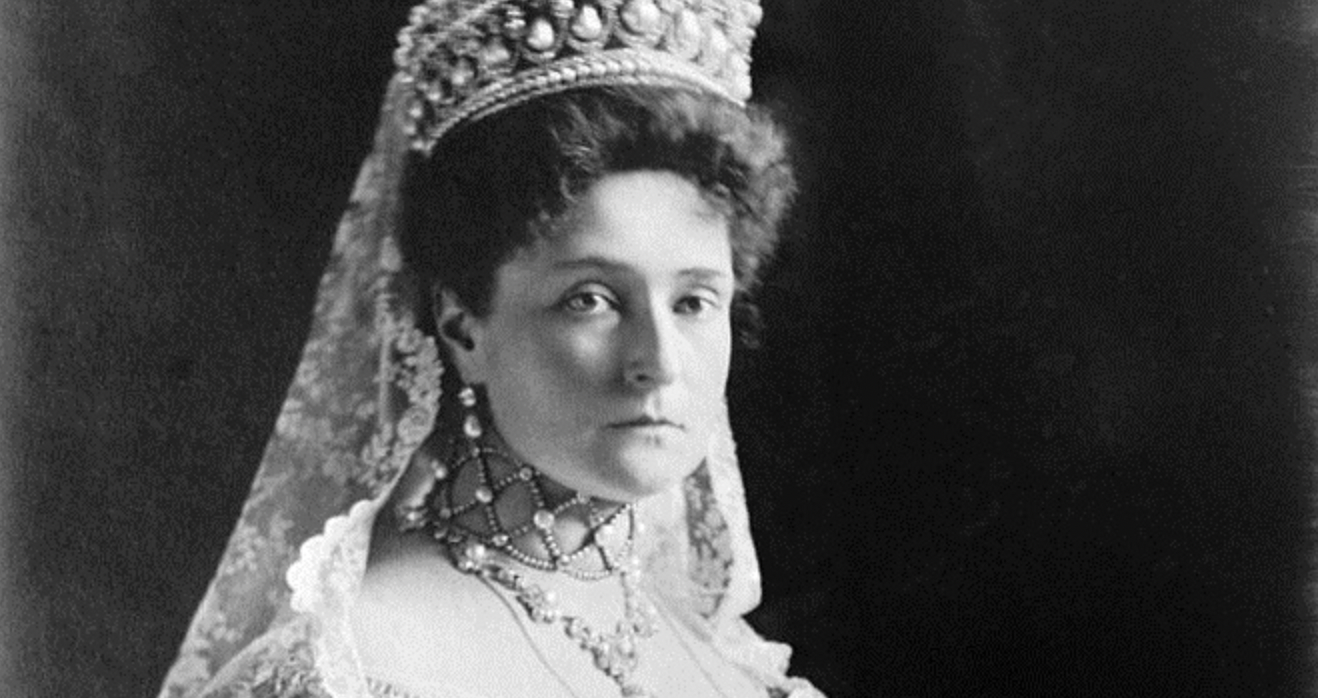
One of the most scandalous rumours about Rasputin stemmed from his closeness with Alexandra, the Tsarina of Russia. However, although the mystic did enjoy an extremely close relationship with the Empress, there is absolutely no evidence that their intimacy ever turned sexual, and Alexandra’s devout Christianity makes the scenario extremely unlikely. The rumour was likely part of the campaign to smear Rasputin and – by extension – the Imperial family.
Rasputin slept with the Tsarina’s daughters
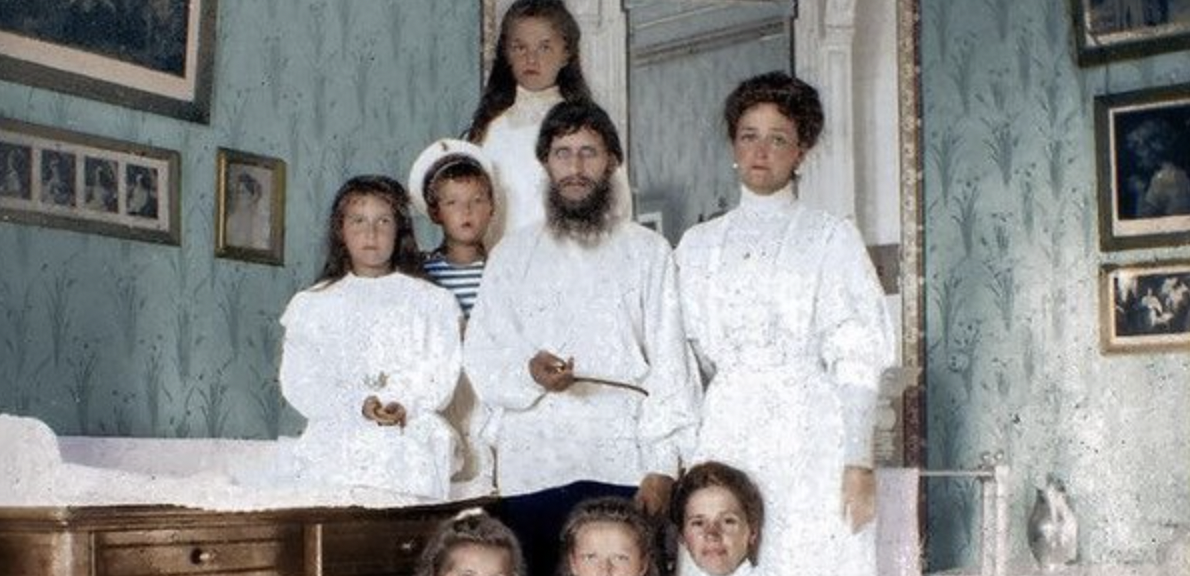
When gossip about Rasputin bedding the Tsarina didn’t have the desired effect, an even more salacious rumour was started: that the mad monk had slept with her daughters. Again, there is precisely zero historical evidence for this ever happening, and it just doesn’t make much sense. Rasputin was a calculated man and he clearly enjoyed the influence he wielded, making it seem implausible that he would jeopardise his position so recklessly.
Rasputin controlled Russia

Whilst Rasputin undoubtedly enjoyed a high degree of influence with the ruling family, the extent of his power has been greatly overstated. For starters, the mystic was much closer with the Tsarina than he was with the Tsar, and it was Nicholas II who ultimately called the shots. Additionally, whilst he was seen as something of a religious expert and consulted on spiritual matters, Rasputin lacked an education and thus wasn’t well versed in areas such as economics or military strategy, so it’s unlikely that his opinion was sought on these matters.
Rasputin healed the Romanovs’ son
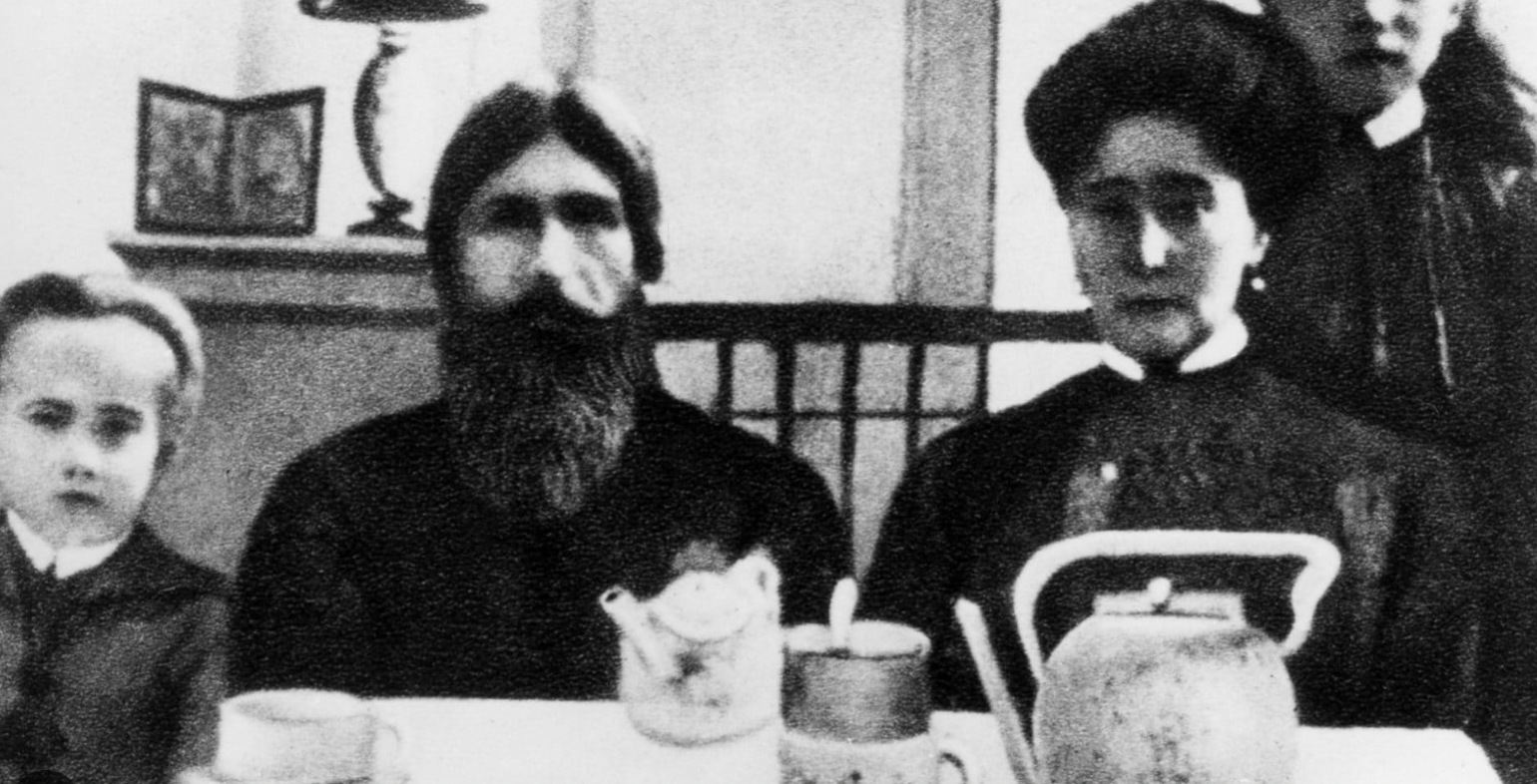
After coming to St Petersburg, Rasputin began ingratiating himself with the city’s elites in an attempt to gain influence and power. His networking eventually led him into the sphere of Empress Alexandra, whose son was suffering with haemophilia. Rasputin had made claims that he could heal with the power of God, and, in desperation, the Tsarina turned to him for help. Rasputin began having sessions with the boy and seemingly cured him of his affliction, which cemented his position as a trusted advisor to the Imperial Family. Historians have hypothesised that Rasputin stopped the boy from seeing his doctor, who was prescribing aspirin – the wonder drug de jour – which also happens to be a blood thinner that can exacerbate haemophilia.
He was a sexual deviant
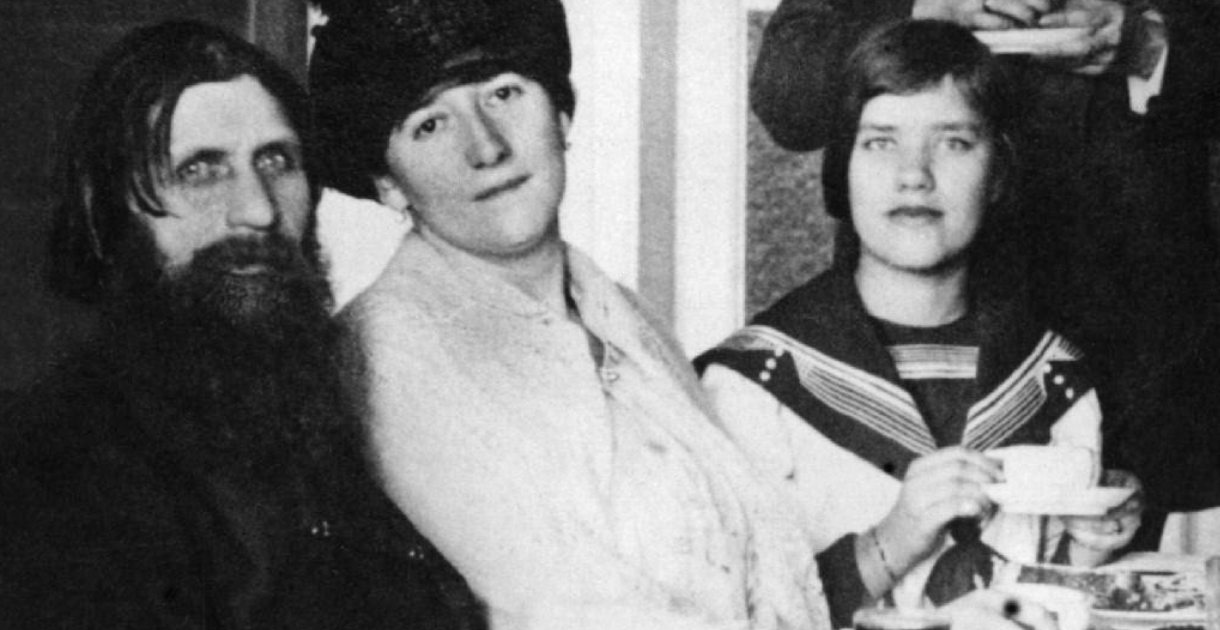
Rasputin is often described as an incorrigible – and extremely well endowed – sex-pest. However, whilst there is evidence that the mad monk occasionally visited brothels, it’s likely that the rumours of his rampant sexual exploits were exaggerated. At the same time as Rasputin’s rise in influence, the Russian press was granted more freedoms, but direct criticism of the Imperial Family was still forbidden. Newspapers targeted Rasputin as a way to criticise the Tsars by-proxy, spreading salacious gossip about the mystic as a way to suggest that the moral decay in Russia came from the top.
The Romanovs’ deaths were due to a curse laid by Rasputin
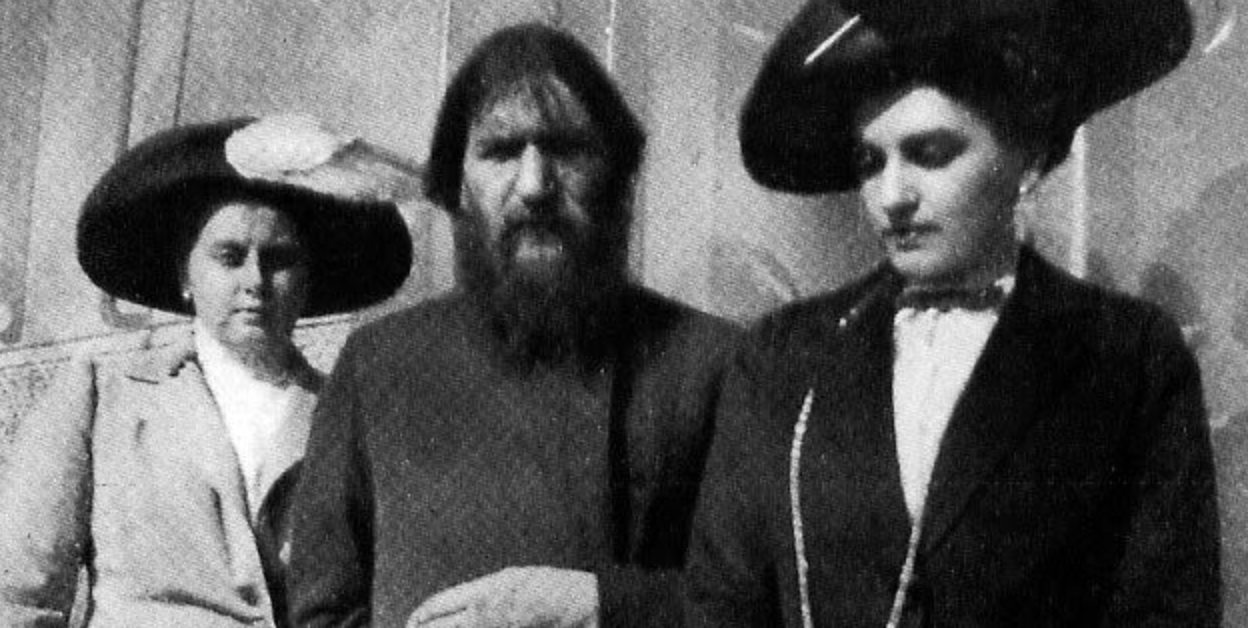
Rasputin’s death preceded that of the Romanovs by roughly a year, and there are those who believe that the family’s eventual demise was the result of a curse placed on them in the mystic’s dying moments. Proponents of this theory argue that Rasputin felt betrayed by the Romanovs, who he believed should have been able to prevent his death, and used his supernatural powers to punish them for permitting his murder. It could be argued that Rasputin did in fact doom the Romanovs, albeit inadvertently, as his highly publicised influence over the the Imperial Family was one of the main factors contributing to a growing dissatisfaction that culminated in a violent uprising.
He had mystical healing powers

The frenzied nature of the rumours that surrounded Rasputin during his life led many to believe that he possessed supernatural powers. Most of these rumours stemmed from the fact that Rasputin had seemingly cured the Tsar and Tsarina’s son of haemophilia, and the mystic clearly played these rumours up, using them to attract supporters. Many claimed to have been cured of various afflictions by Rasputin. It has been theorised that the mystic was well versed in hypnosis, which he might have used to convince people he had ‘healed’ them.
He was a Satanist
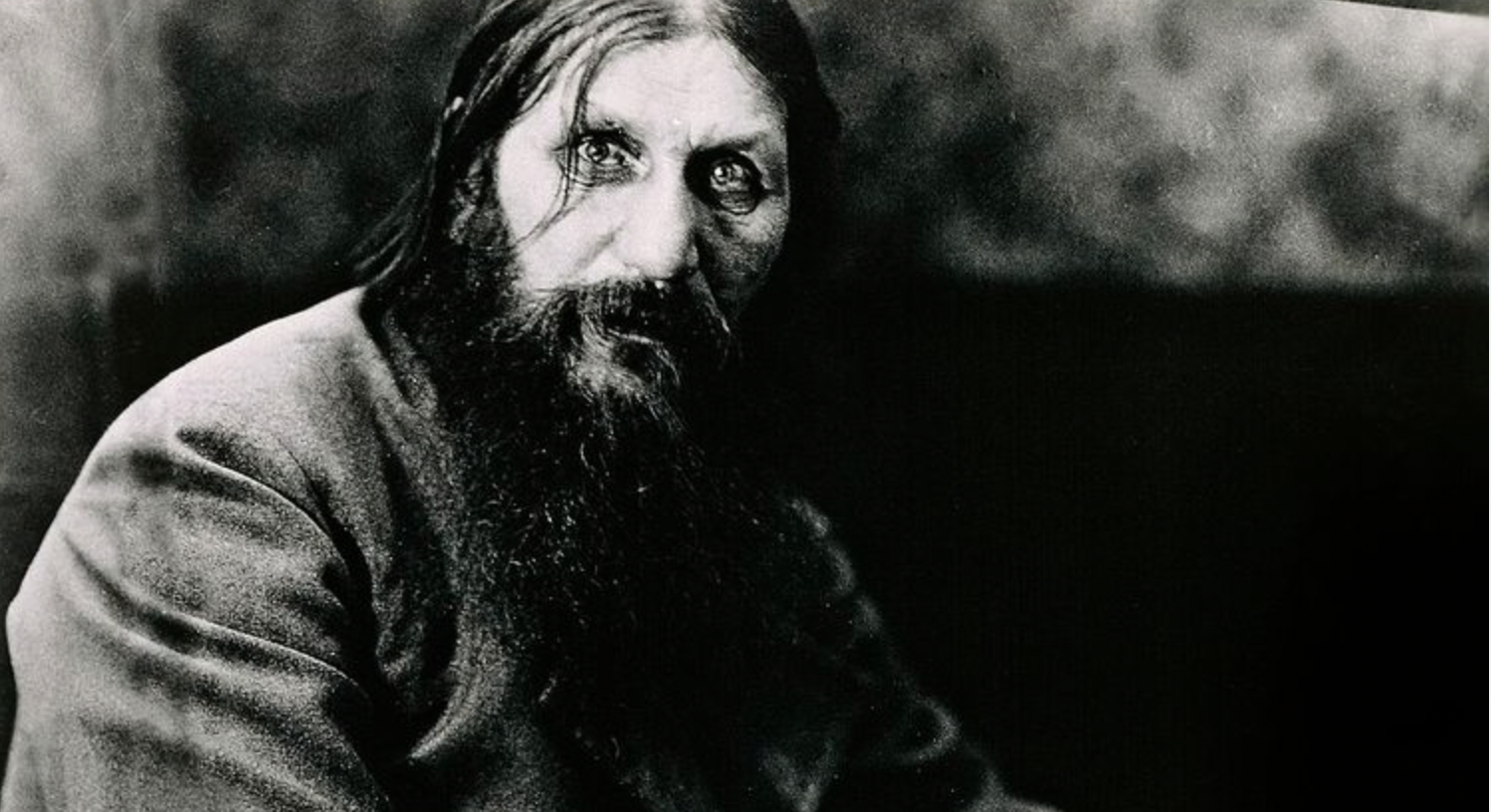
Rasputin’s supporters believed that he derived his mystical powers directly from God, and he was known to refer to himself as “Jesus Christ in miniature.” However, there were those who believed his abilities came from another source: the Devil. Rasputin was often accused of having sold his soul to Satan in exchange for power and influence, with proponents of the theory pointing to the mystic’s improbable ascent from humble peasant to one of the most influential figures in Russia. In reality, Rasputin seems to have been genuine in his devotion to God, and rumours that he was a secret Satanist are likely unfounded.
Rasputin seduced countless noblewomen
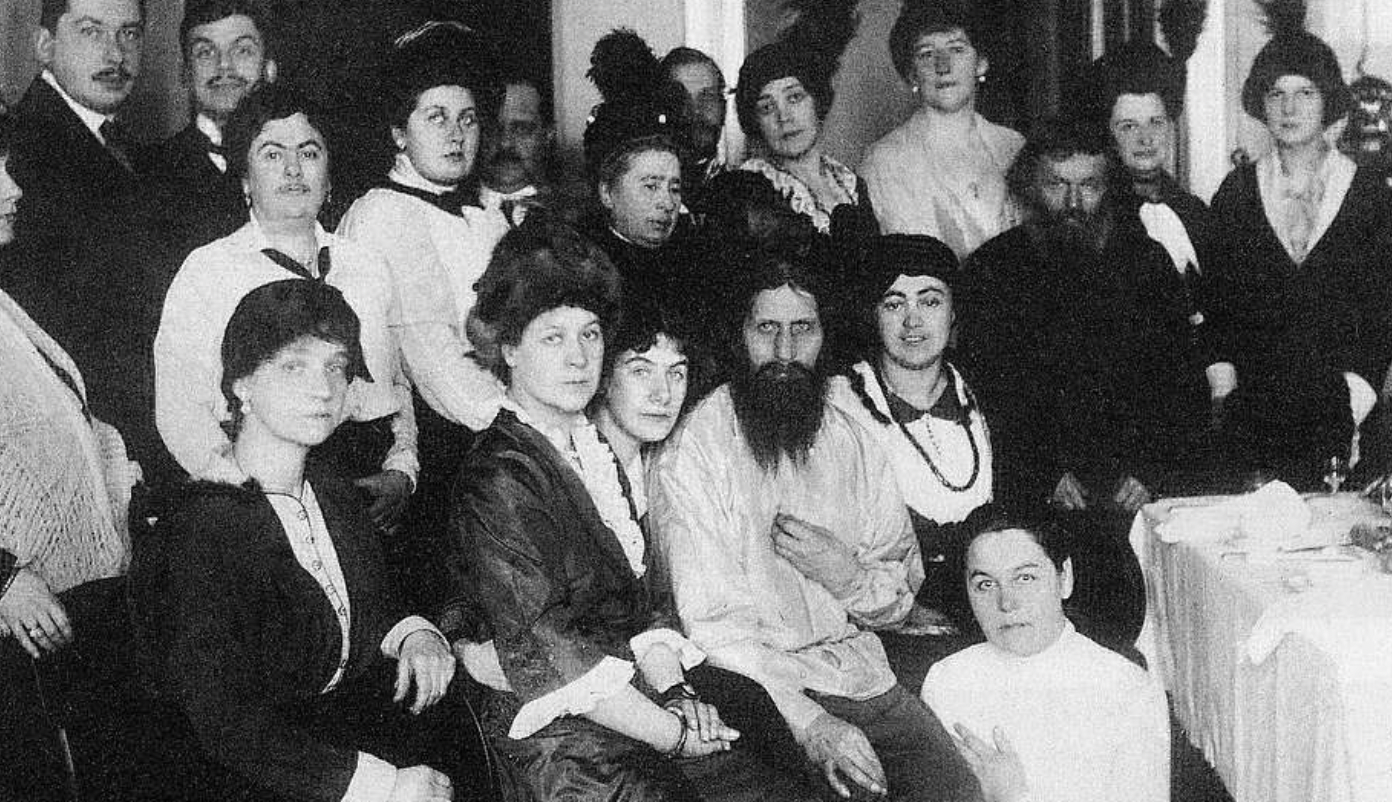
Many of the rumours that swirled around Rasputin were designed for a single purpose: to foment anger amongst Russia’s nobles towards the mystic and – by extension – the Romanovs. This was very much the intention behind the frequently propagated myth that Rasputin used his hypnotic magnetism to bed Russian noblewomen at a prodigious rate. Russian noblemen were already greatly suspicious of the mystic, and the suggestion that someone they viewed as a religious charlatan and an uncouth peasant was luring their wives into sordid affairs was enough to set into motion multiple schemes to have the mystic assassinated, one of which finally came to fruition in 1916.
Rasputin was able to predict the future
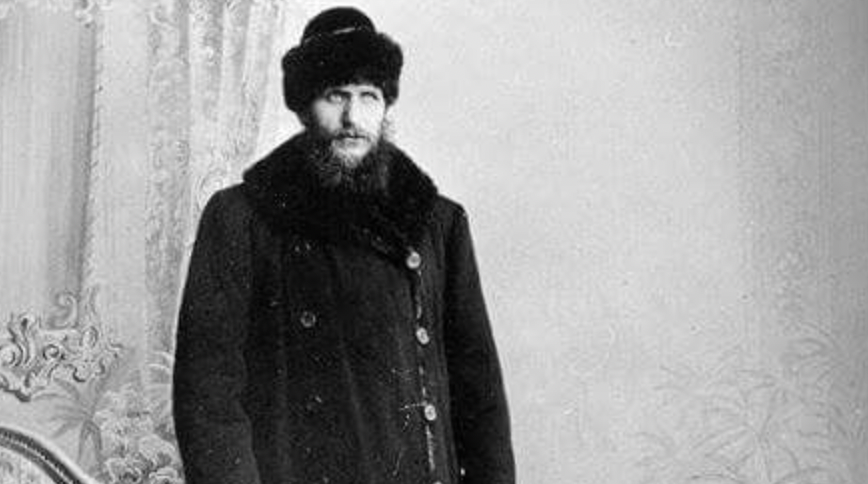
There is seemingly no end to the list of supernatural powers that the Russian public believed Rasputin possessed. As well as being able to heal the sick and hypnotise people with his gaze, many believed that the mystic was able to divine the future. He does seem to have had a knack for predicting events, particularly deaths; In a letter to Nicholas II, Rasputin called the order and timings of both his and the Romanovs demises with a startling degree of accuracy.
He was the immortal Count de St Germain
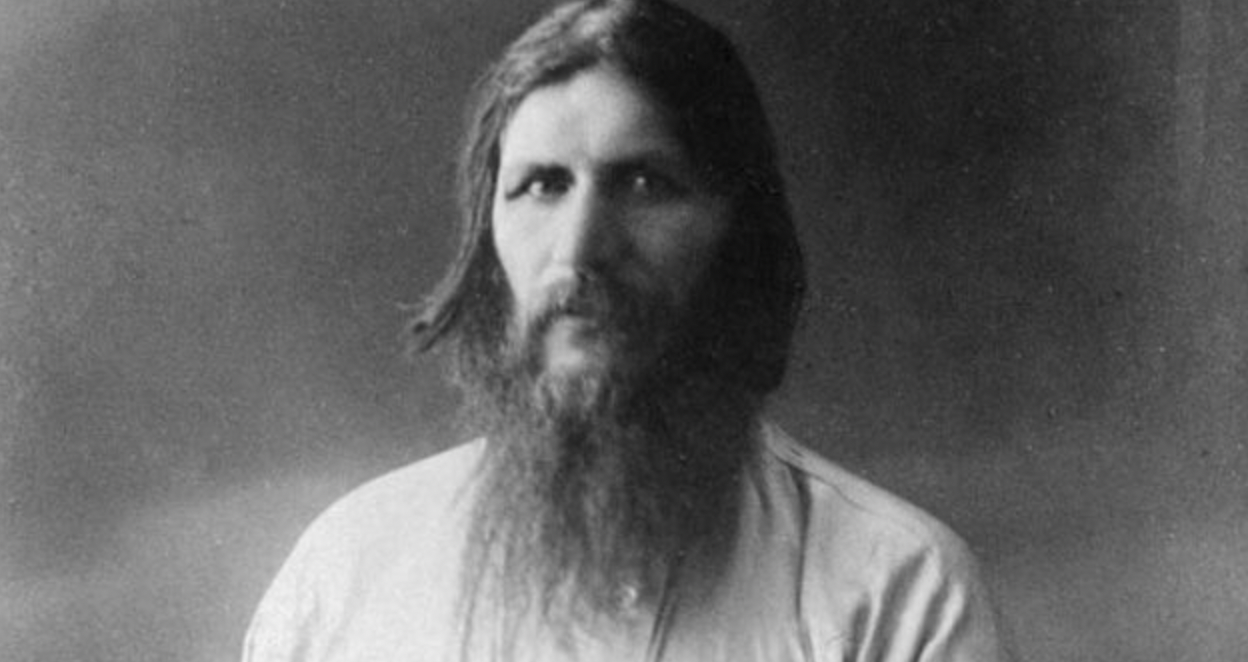
Many believed that Rasputin was merely an alias, and the mystic was in fact an immortal being. One of the most popular theories was that he was actually the Count de St Germain, a European explorer and philosopher who was believed to have discovered the secret to eternal life, largely because he was in the habit of claiming to be 500 years old. Unfortunately for proponents of this theory, there is good evidence that the Count de St Germain passed away at his home on February 27, 1784.
Alexei, heir to the throne, was his illegitimate son
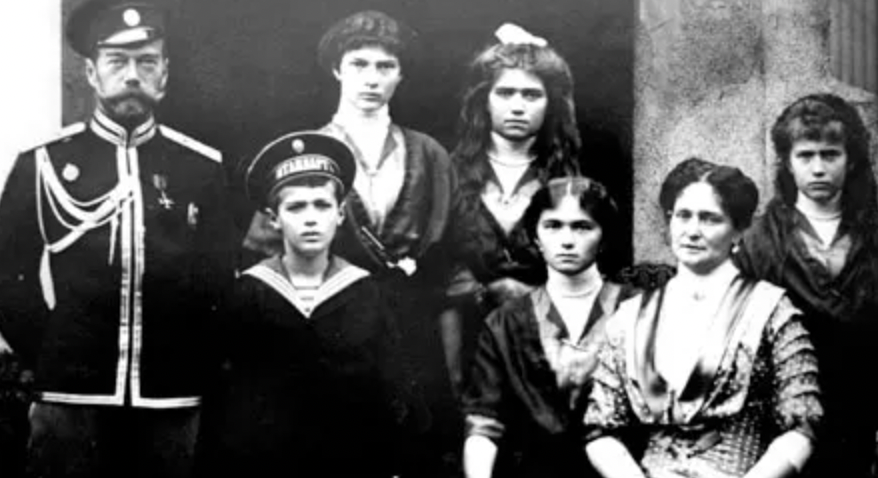
The rumours about Rasputin’s intimate relationship with Tsarina Alexandra were so persistent that eventually they grew to suggest that the mystic had fathered Alexei, the heir to the throne. This demonstrates how out of control the myths surrounding the self-proclaimed holy man really were, because Rasputin only entered the Tsarina’s sphere of influence after he ‘healed’ Alexei’s haemophilia. Nevertheless, this rumour was widely circulated by both the media and the Russian public, as a way to question the legitimacy of the Romanov dynasty.
The Romanovs orchestrated his death
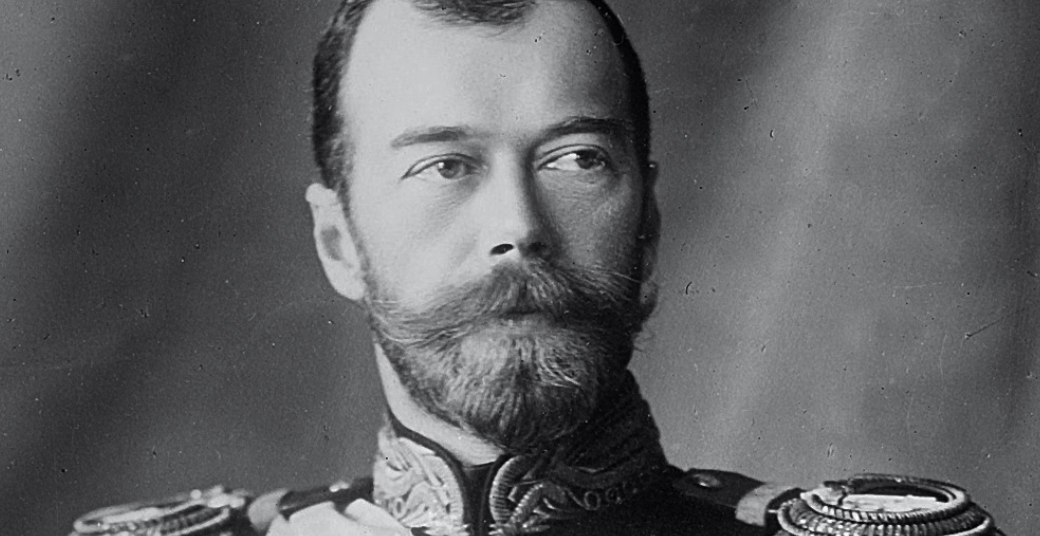
Towards the end of the Romanovs’ reign it was becoming abundantly clear that their destiny was inexplicably linked with Rasputin’s, and criticism of the mystic amounted to criticism of the Royal family itself. It does seem logical, therefore, that the Tsar would orchestrate the mystic’s assassination in a last ditch attempt to rehabilitate his image and cling to power. However, it is unlikely that the Tsarina would have permitted this, and all the evidence points to the fact that Prince Felix Youssoupoff was behind the plot.
He belonged to a Siberian sex cult
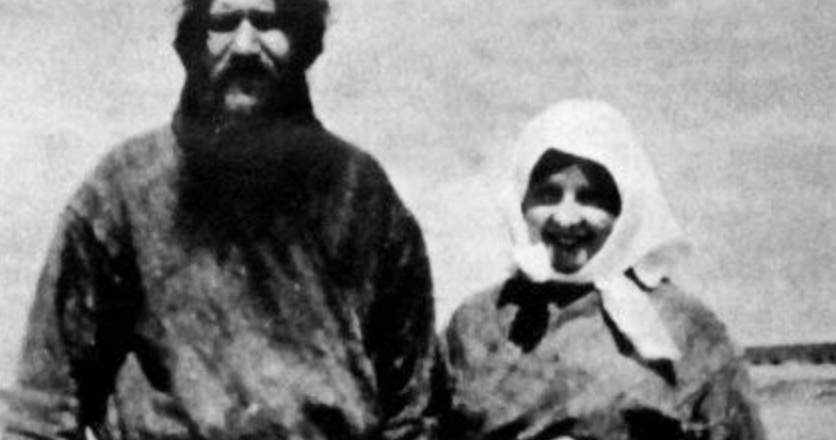
Born to a peasant family, Rasputin was living as a farmer in Siberia with his wife and three children when he experienced a religious awakening. The experience was so powerful that Rasputin abandoned his family and went on a pilgrimage, wandering the countryside and preaching a mystical form of Christianity. At some point in his travels he seems to have encountered the Khlyst sect, an offshoot of the Russian Orthodox Church that believed the only way to get close to God was by sinning and repenting, which they achieved by indulging in extreme sexual deviance and then praying for forgiveness. However, contrary to popular belief, Rasputin never joined the sect, and probably only had minimal interaction with them, carrying on with his pilgrimage and eventually reaching St Petersburg.
He predicted genetically modified animals
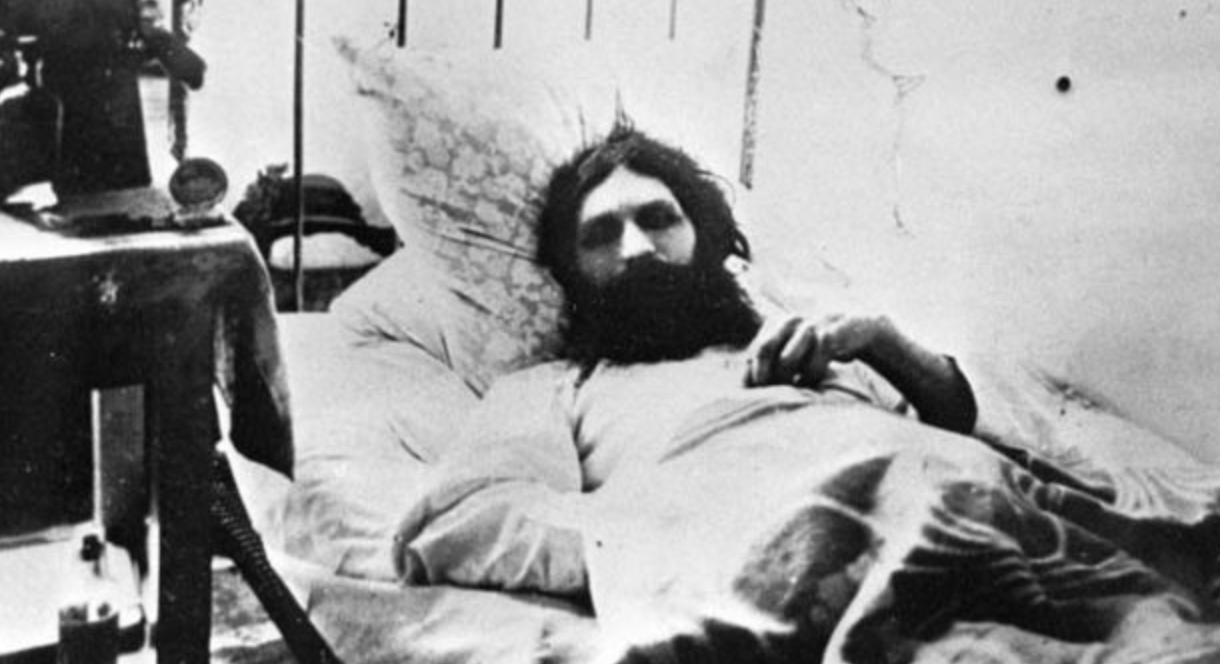
Rasputin made a lot of predictions, and many of them have been applied to modern developments as proof that the mystic really did have divine powers of foresight. One of the most commonly cited examples is a claim Rasputin made that, “monsters will be born that will not be humans or animals… irresponsible human alchemy, in the end, will turn ants into huge monsters that will destroy homes and entire countries.” Many have taken this as a prophecy about the dangers of genetically engineered animals and plants, both of which have become increasingly common since the first cloned animal – Dolly the sheep – was ‘born’ in 1996.
He predicted climate change
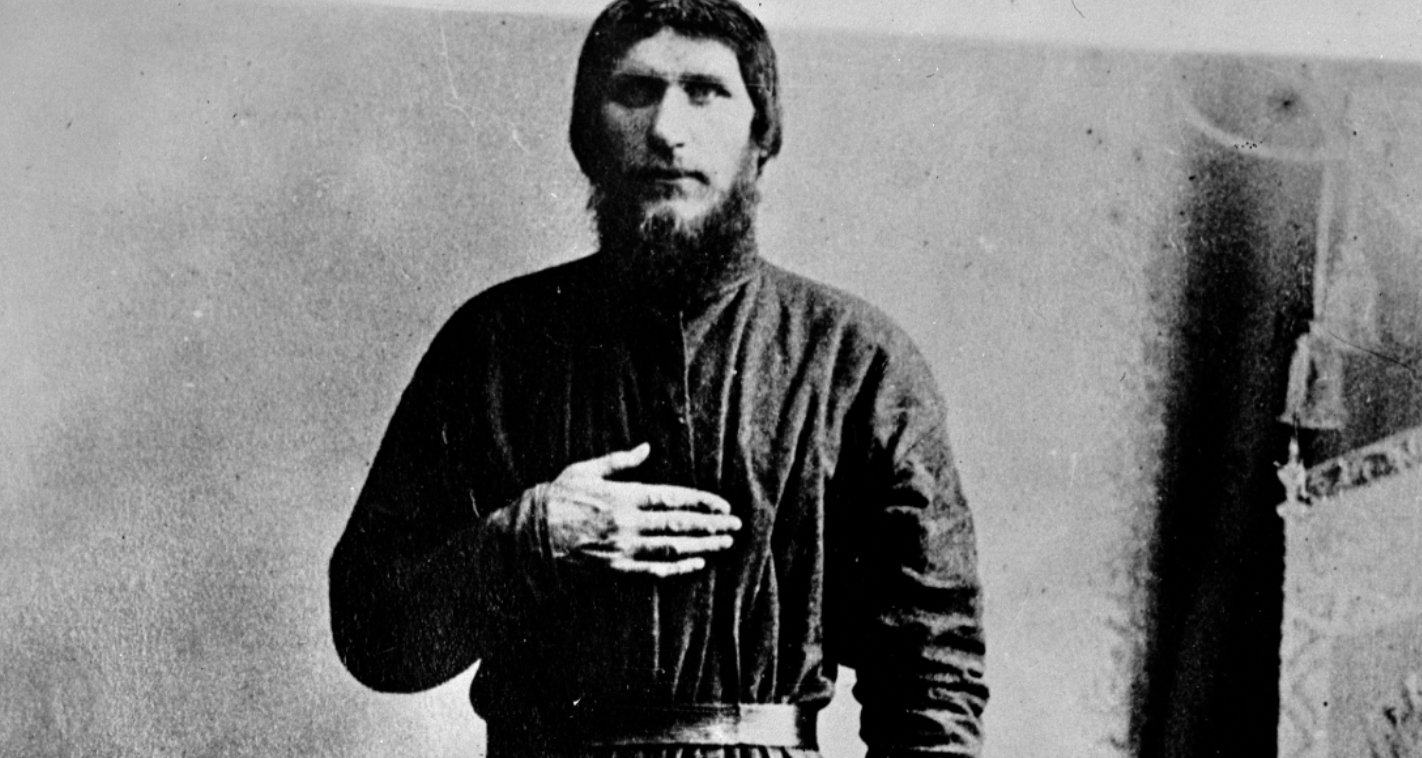
Rasputin was fond of making apocalyptic predictions, at one point forecasting that “earthquakes will become more frequent, lands and waters will open, and their damage will engulf people. The seas, like thieves, will enter cities, into houses, and the lands will be drenched with salt.” This is often taken as a prediction of rising sea levels as a consequence of global warming, with many coastal regions now facing the threat of being engulfed.
He could hypnotise people with his eyes
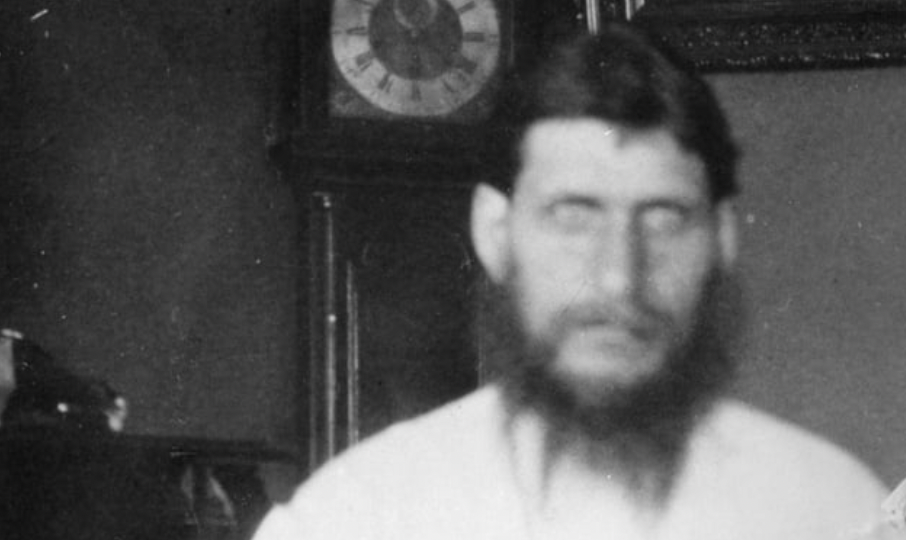
As well as claims that Rasputin was a faith healer who could cure the sick, there were also rumours that the mystic could hypnotise people with his gaze. The holy man was known to have an incredibly intense stare, and according to legend those who made eye contact with him would be compelled to do his bidding. These rumours further fuelled speculation that Rasputin had the Tsar under some kind of spell, and was secretly ruling Russia.
He rose from the dead
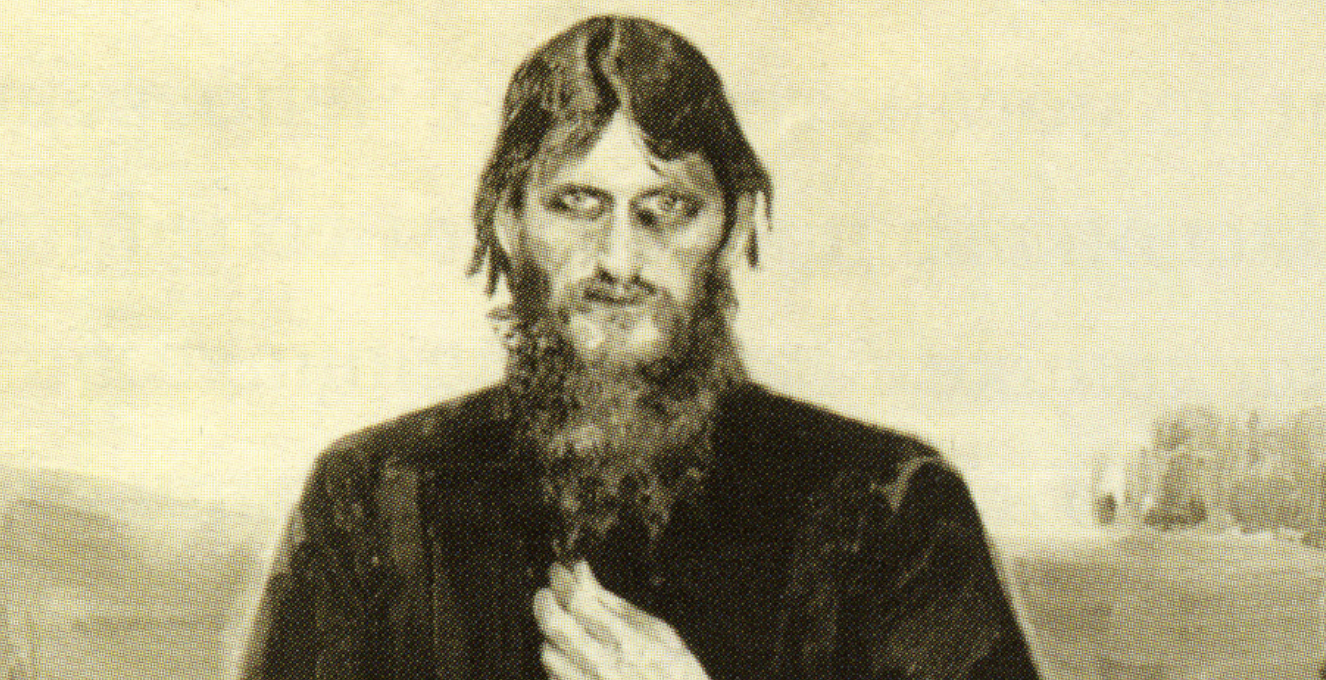
After Rasputin’s death, conflicting reports emerged about both how the murder had transpired and what had happened to his body. Rumours spread that the mystic had been pulled from the Malaya Nevka River not long after a group of nobles drowned him in it, and that shortly after his retrieval he began breathing again, stood up, and walked away. However, in reality Rasputin’s body was fished from the river by the authorities a few days after his assassination, and he stayed resolutely dead.
He was a German agent
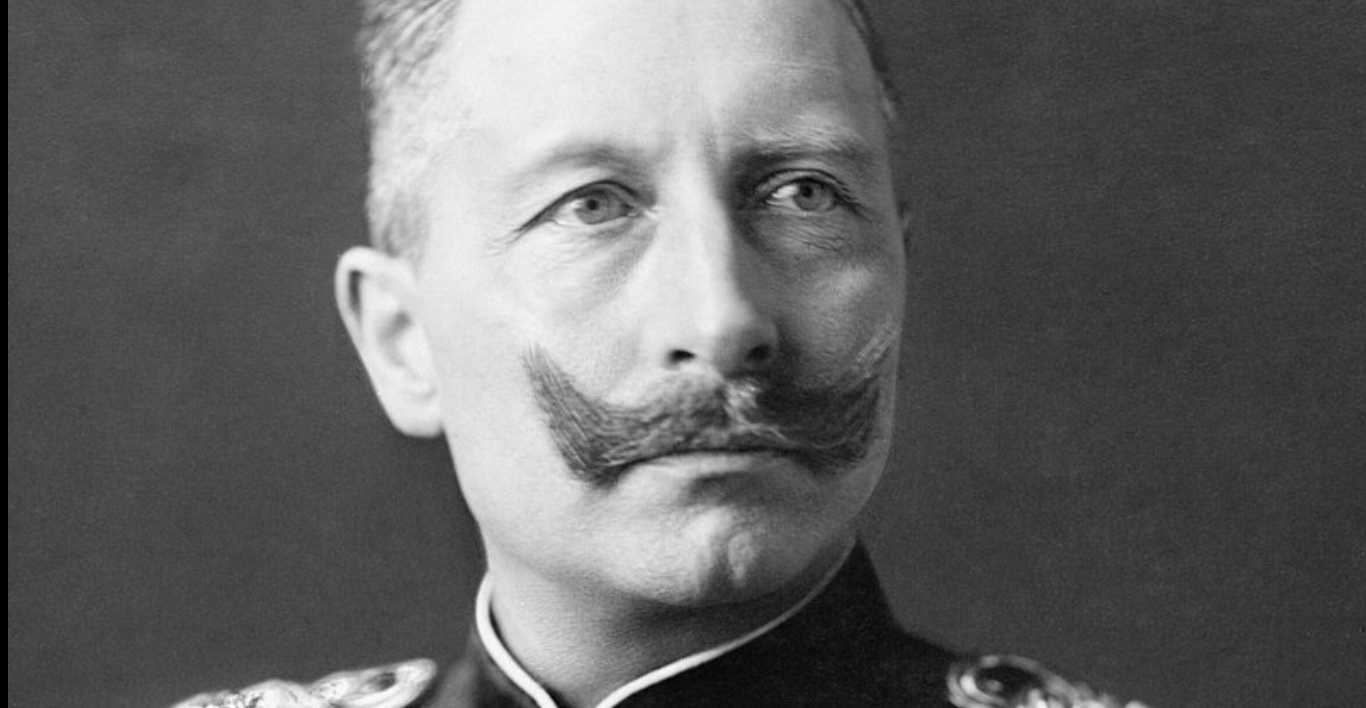
As discontent against the Romanovs grew, so did the accusations against Rasputin. The media was cautious about criticising the Emperor and his family directly, so it went after Rasputin to taint the Romanovs by association. One of the rumours that the media spread was that Rasputin was an agent of the Kaiser, working to destroy Russia from within and softening the country up in preparation for an invasion. However, there is no historical evidence for Rasputin ever having had contact with the German government, let alone having worked for them.
He sexually abused his female followers
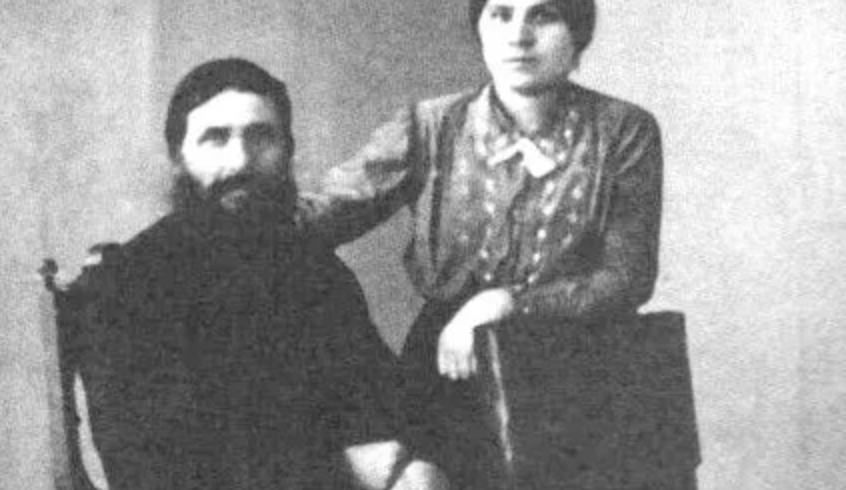
Whilst Rasputin was known to enjoy female company, rumours that he sexually abused his female followers were likely started as part of a media smear campaign. The mystic’s sex-crazed reputation was likely highly exaggerated, and – whilst he did visit brothels from time to time – there is no evidence of him taking advantage of his devotees. In fact, many of his female followers spoke out to dispel these myths, but they were largely ignored as this didn’t fit the narrative the Russian media was trying to push.
He possessed animal magnetism
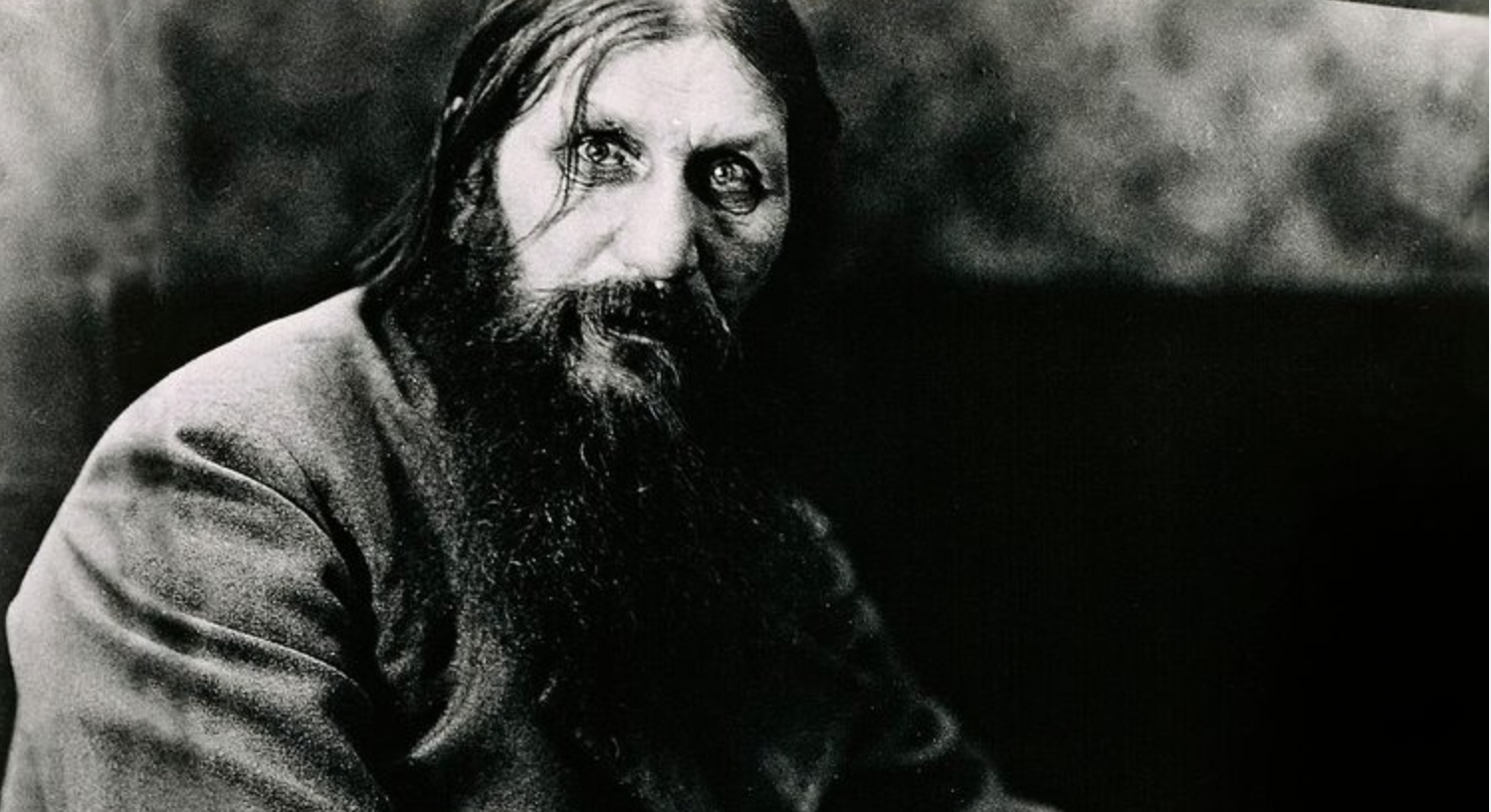
The force of Rasputin’s magnetism was said to be so strong that merely being in his presence was enough to make people fall under his sway. However, whilst he was clearly very charismatic and possessed strong powers of persuasion, Rasputin’s ability to influence has been greatly exaggerated. Unearthed letters between Nicholas II and the mad monk revealed that – after the monk tried to dissuade the Tsar from going to war – he was sternly warned to know his place.
He faked his own death
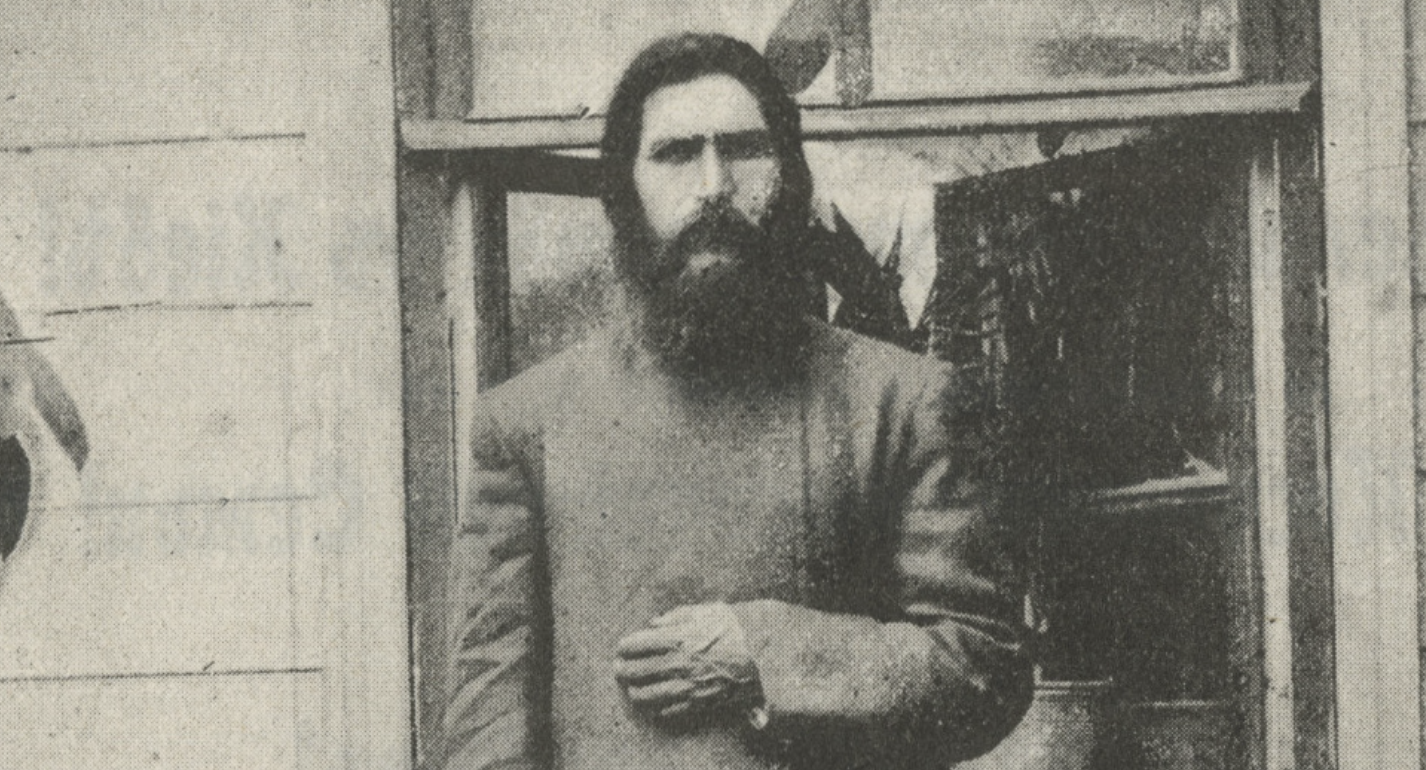
Rasputin clearly saw the writing on the wall both for the Romanovs and himself. In a 1916 letter to Nicholas II, the mystic predicted that he would die before the New Year, a prophecy that was seemingly fulfilled when he was poisoned, shot, and drowned on December 30 of that year. However, many believe that, aware of the changing tides in Russia and what they would likely mean for him, Rasputin faked his own death and fled the country, eventually making his way to the United States where – depending on who you ask – he either lived until his death or continues to reside as an immortal being.
He was a demon
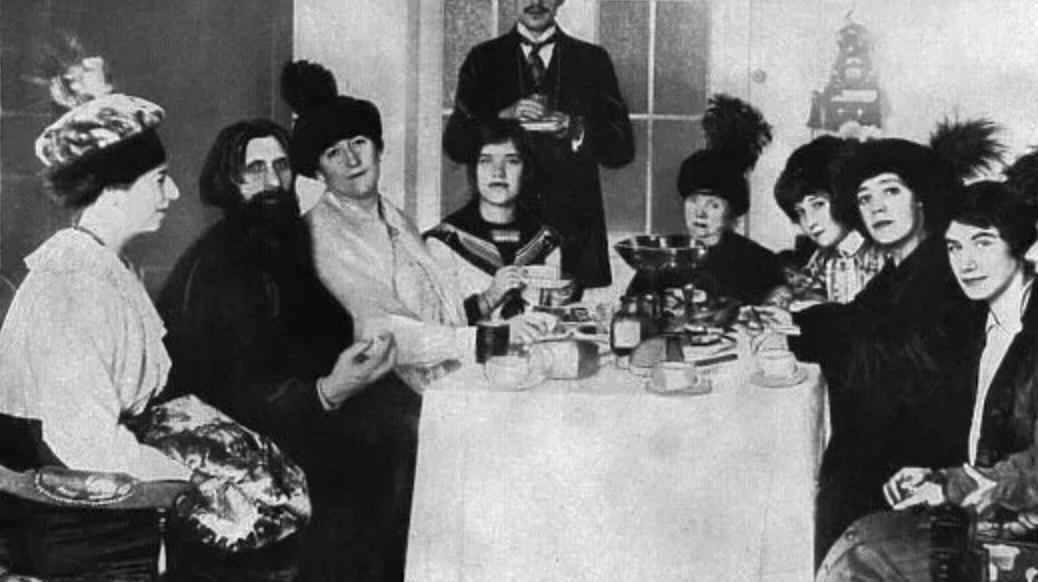
With his imposing stature and intense, unblinking gaze, it’s not surprising that many found Rasputin to be a sinister figure, especially with the rumours of his supernatural powers. The mystic also seemed to have suddenly materialised in St Petersburg, further stoking suspicions, and there were many who believed Rasputin had demonic origins. Colourful as this theory is, the reality is that Rasputin was merely a wandering mystic with a talent for self-promotion who found himself in the right place at the right time.
Rasputin was an alcoholic
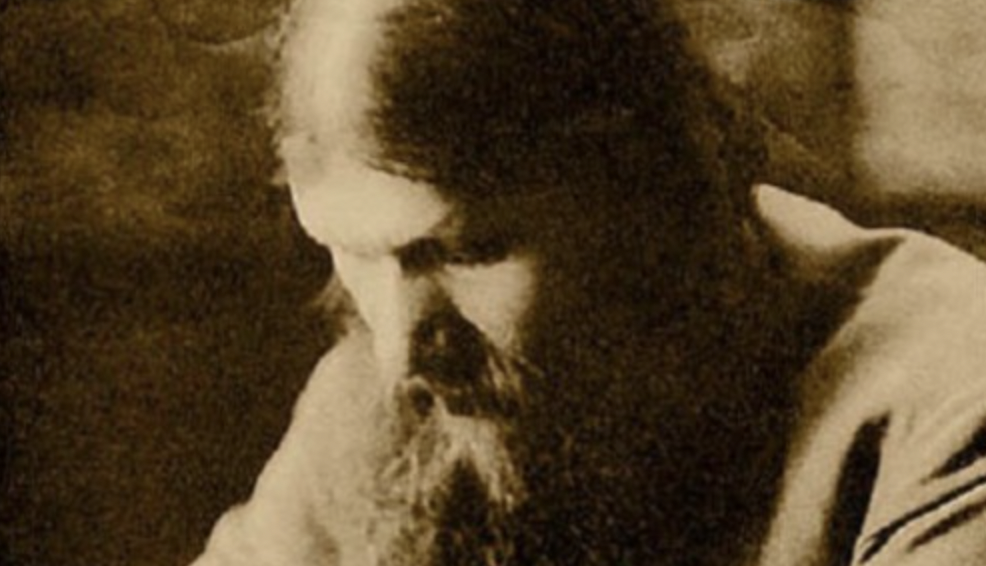
Rasputin was widely believed to be an out-of-control hedonist, with the claim frequently made that he only sobered up to seduce noblewomen, and he was rumoured to be a regular participant in orgies. As with most claims about Rasputin’s deviant tendencies, rumours about his alcoholism were overstated. The mystic did have a fondness for booze, particularly Madeira wine, and would apparently urge his dinner companions to indulge by stating, “go on, drink, God will forgive you”. However, the claim that Rasputin was generally in a state of blackout drunkenness seems to be completely unfounded.
Rasputin was not a monk
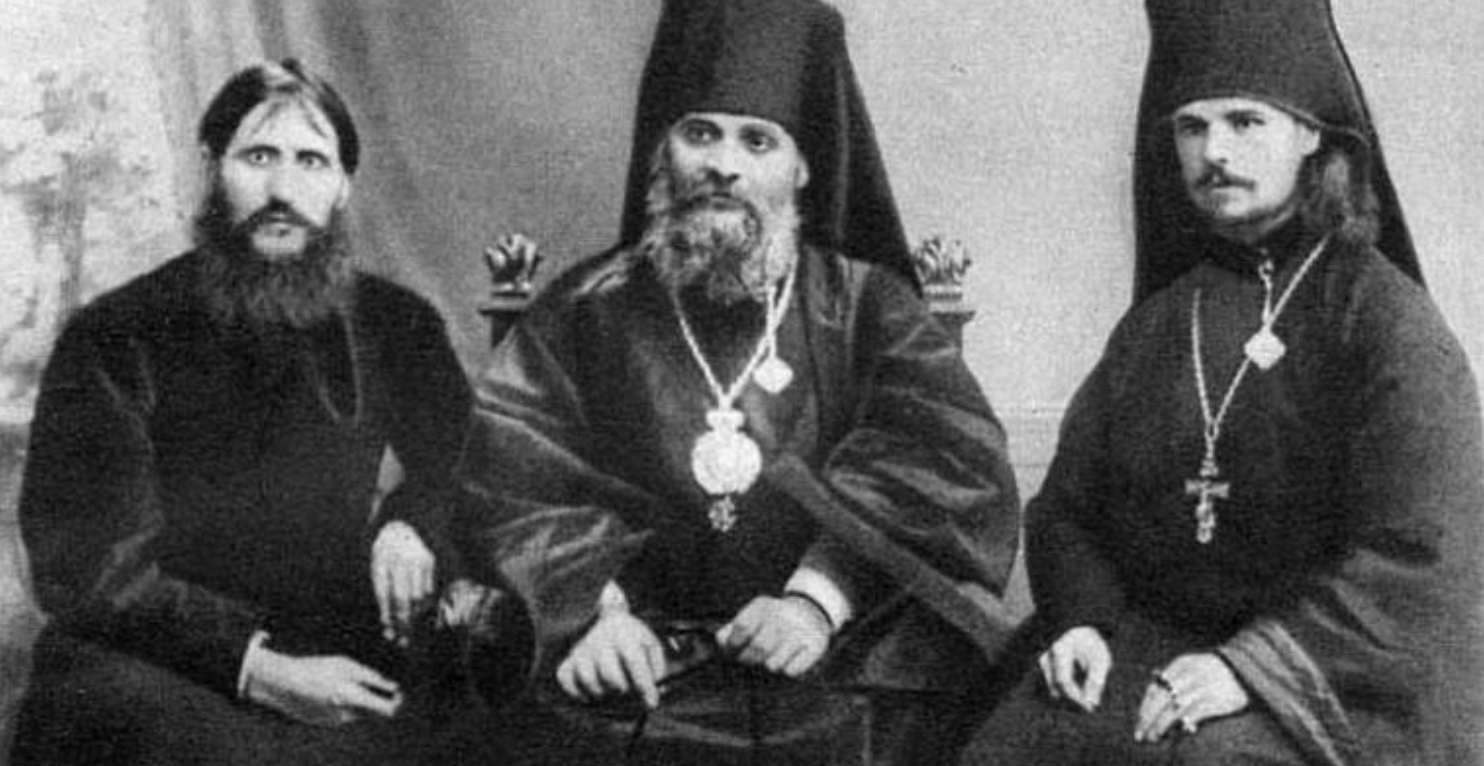
Given the fact that Rasputin is commonly referred to as ‘the Mad Monk’, it might come as a surprise to learn that, in reality, he was no such thing. Most people assume Rasputin’s monastic origins because he dressed in what looked like religious robes, and preached a mystical form of Christianity. However, his status as a holy-man was entirely self proclaimed, and he was never formally ordained into the Russian Orthodox Church or any other religious order.
He was in a relationship with his killer

In November, a month before Rasputin’s murder, Felix Yusupov contacted his longtime friend Maria Golovina. He complained that he had been having chest pains that doctors had been unable to cure. She suggested that he seek out Rasputin’s healing powers—as Yusupov knew she would. Golovina arranged for Rasputin to meet Yusupov at her apartment, and the two men began spending time together. Rasputin took to calling Yusupov “Little One.” In order to keep their friendship a secret, Yusupov told Rasputin that he would enter and exit Rasputin’s apartment via a staircase in the back. Many have speculated that more than just “healing” went on at these sessions and that the two were sexually involved.
Rasputin had seven children

Though Rasputin gained a reputation for being a sex-crazed womanizer later in life, he started out as a family man. He married a peasant girl named Praskovya Dubrovina at 18 and fathered seven children—though only three survived into adulthood.
He lived at a monastery
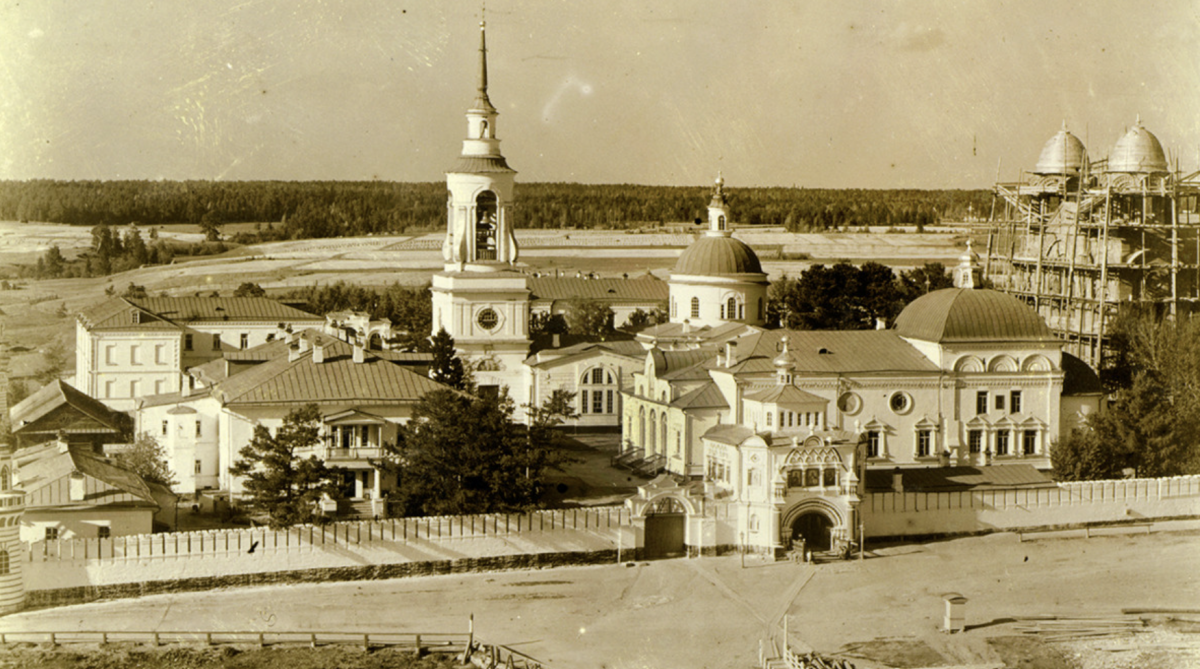
In 1897, after 10 years of marriage, Rasputin went on a pilgrimage to the Saint Nicholas Monastery at Verkhoturye. When he returned home, he was a changed man. For the next ten years he travelled around the country, visiting various cities and possibly even further afield, preaching his message and claiming healing powers. His reputation eventually reached Saint Petersburg and he was invited to meet the Tsar and his wife.
He had awful hygiene
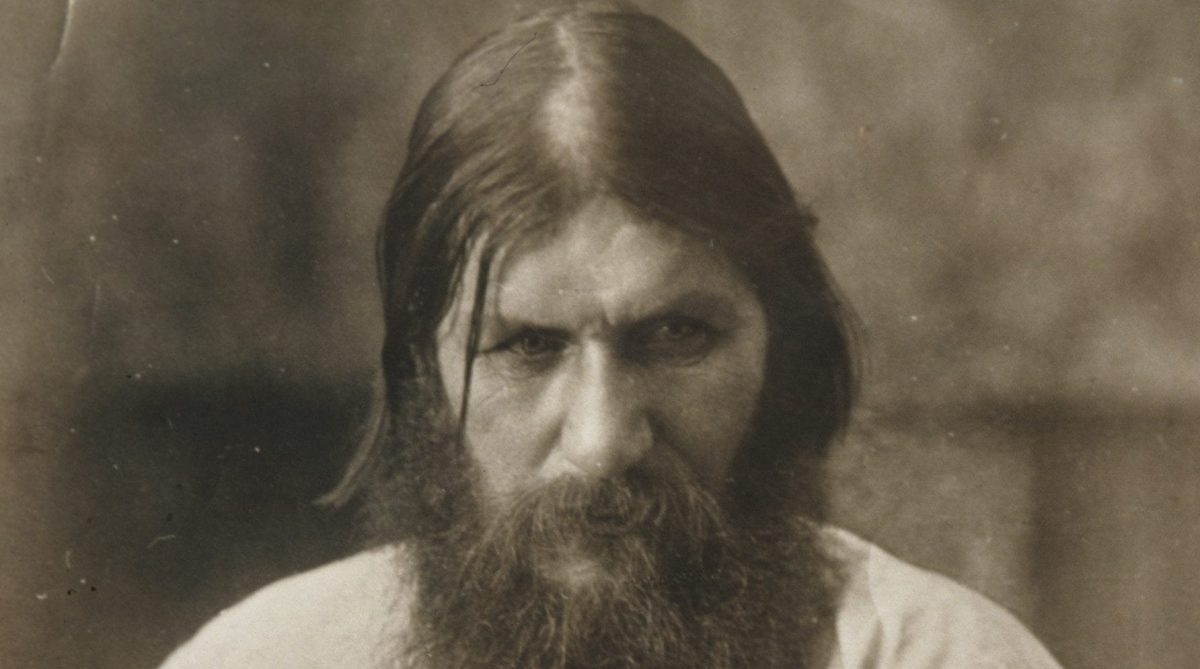
It is said that Rasputin licked spoons before using them to serve other people and that he regularly had pieces of food in his beard – which would sometimes rot. He also once boasted about wearing the same clothes for 6 months. In fact, he was widely known for having terrible personal hygiene in general.
He was shot three times
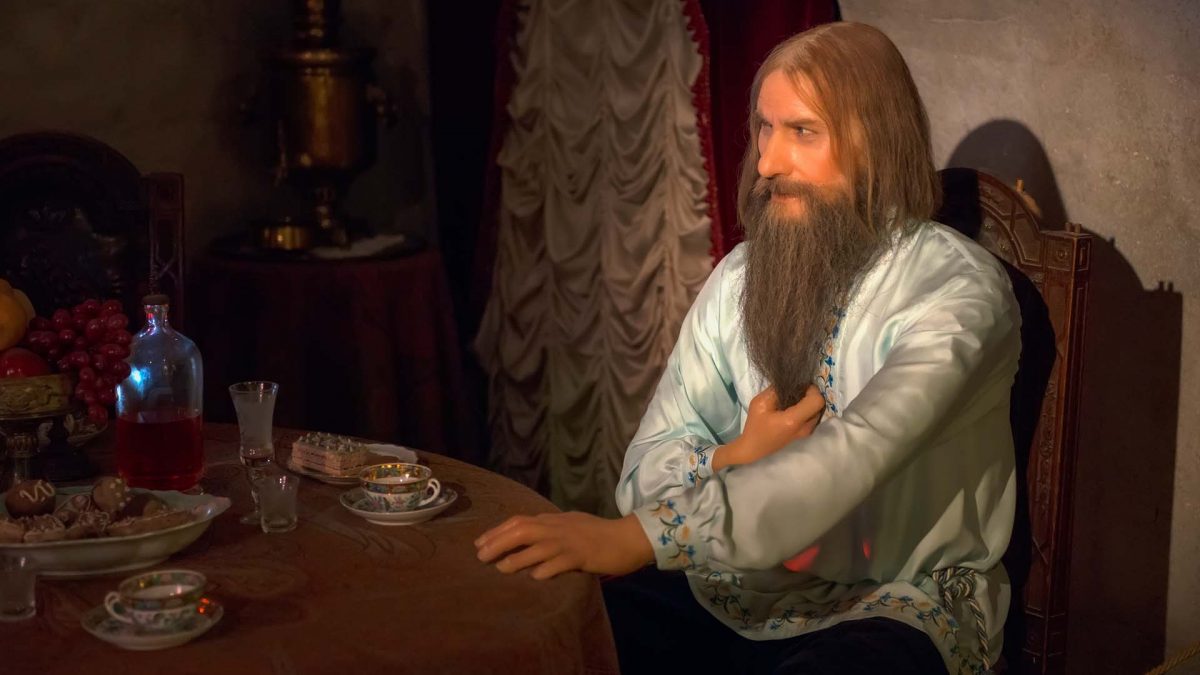
According to accounts by Felix Yusupov and Vladimir Purishkevich, both men shot Rasputin. However, neither mentions inflicting a gunshot wound to the holy man’s head. But that is exactly what his body shows: three gunshot wounds of various sizes, including one in the forehead.
Rasputin was the only child in his family to live to adulthood
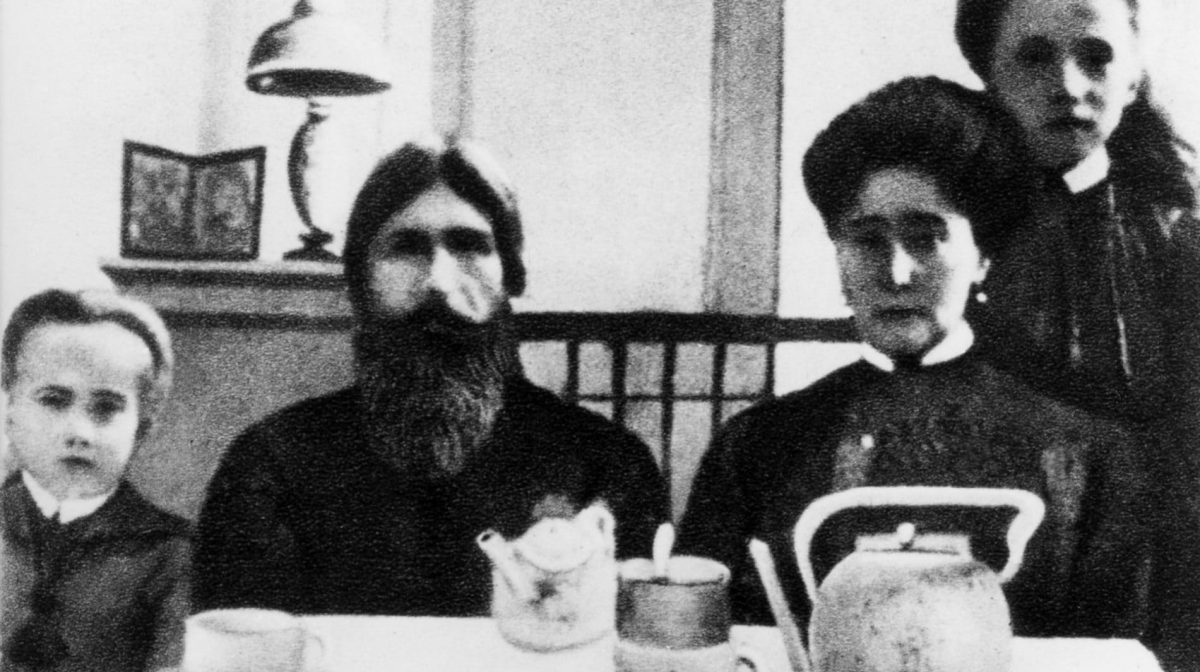
Rasputin is a mysterious figure. Historians know little about his early years. As far as they can tell, the years before Rasputin’s “religious conversion” are shrouded in mystery. But researchers have uncovered some clues to give insight into his childhood and youth. It is said that Gregory Rasputin was born to a family of seven children. However, none of his brothers and sisters survived beyond early childhood. Born into a poor peasant family in a small Siberian village named Pokrovskoye, his early life was difficult. Most families had many children to ensure survival, but it was common for most of them to die before reaching adulthood.
He joined an illegal sect in the Russian Orthodox Church

In 1897, Rasputin journeyed on a pilgrimage and stopped at various towns and churches. He discovered the Khlyst sect, whose members believed that only by committing sins and repenting could one get close to God. Rasputin’s religious awakening is often linked to him joining the Khlysti.
He opposed Russia’s involvement in World War I
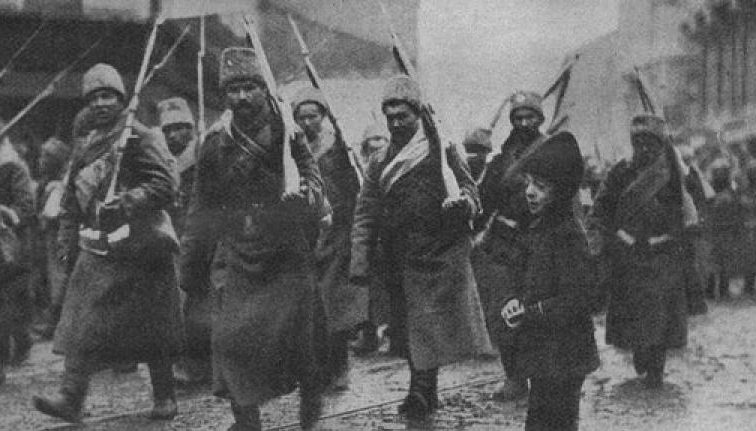
Rasputin opposed Russia’s entry into World War I, saying that it would be disastrous for the country and have consequences for the monarchy. He insisted on going to the front to bless Russian troops. The army’s Commander-in-Chief, Grand Duke Nicholas Nikolaevich, vowed to have Rasputin hanged if he got anywhere near the frontlines. However, Rasputin predicted the early disastrous defeats of the Russian Empire. The monk’s influence over Tsar Nicholas II led him to abandon Saint Petersburg and take command of the army. But the Emperor’s leadership in battle did not impact the growing stalemate with the Central Powers, and it further lowered his popularity. In the end, Rasputin’s prediction of the effects of the war on the Russian Empire and the Royal family came true.
Rasputin wasn’t the first healer to impress the Tsar and Tsarina

In spite of Rasputin’s powers of persuasion, Tsarina Alexandra was an easy target. Raised a Lutheran, she converted to Russian Orthodox when Nicholas acceded to the throne. Alexandra was drawn to the mysticism of her new faith and was influenced by members of the royal court who eagerly embraced the occult. In 1901, the couple fell under the influence of a French “healer” named Philippe Nazier-Vachot (also known as Anthelme Nizier Philippe), who conducted séances and claimed that he could predict the future and manipulate the sex of a child in the womb. Although he was exposed as a fraud and expelled from Russia, Nicholas and Alexandra believed that he helped them to conceive a son.
He was known as a thief
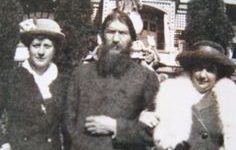
Rasputin did not attend school and occasionally helped his father in the wagon business, transporting goods and people. He was known for his love of alcohol, tobacco, and women as well as brawling in the local tavern and stealing. He was even accused of being a horse thief.
He claimed he could heal animals
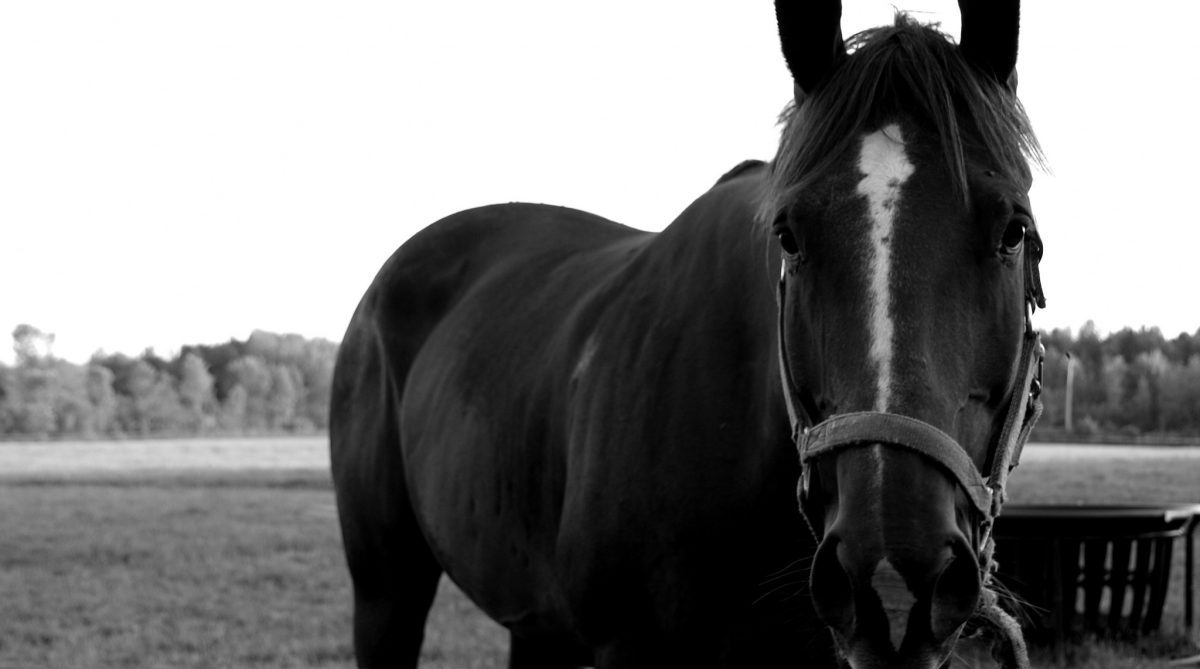
According to Rasputin, his healing powers first manifested in childhood. He claimed that these powers allowed him to heal the injuries of horses, for example, with only a touch.
His body was dug up and burnt
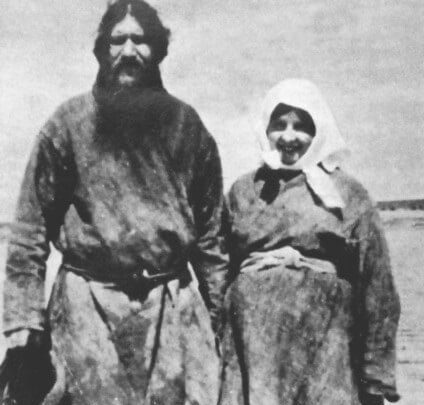
After the monk’s death, a group of daredevils decided to dig up his remains and burn them. It is not clear why they did this, but many suspect that it was an attempt to defile the his body. To their terror, the body of Rasputin was said to have sat bolt upright in the flames, staring wildly around, and screaming death threats to those who had killed him. We may never know what really happened that night, but we can still be fascinated by his life story and how it has captured our imagination over the years.
Walt Disney wanted to include Rasputin in Disneyland’s Haunted Mansion

As a 2017 article in Week In Weird explains, the original concept for the Haunted Mansion was to feature ghosts based on infamous historical figures such as Guy Fawkes, Ivan the Terrible and Jack The Ripper. Disney Imagineer Marc Davis created a concept of Rasputin’s portrait, but Disney ultimately decided not to use it because of fears of legal action from Rasputin’s family. The idea of a group of historic figures was revised into the Sinister 11, and Rasputin’s image was changed to that of “The Ogre.”
His daughter became a lion tamer

Maria Rasputin, who was born Matryona, had several careers throughout her life. She worked as a cabaret dancer, a lion tamer and a shipyard machinist. Maria, who claimed to hear her father’s voice from beyond the grave, said that he told her to marry a Russian officer named Boris. She obeyed and walked down the aisle, but she could never force herself to love him, even though she claimed to hear Rasputin’s ghost whispering “Love Boris… Love Boris.”
Rasputin received a death threat the day before his death

On the morning of December 29, 1916, Rasputin received a strange phone call. A voice that he didn’t recognize warned that his days were numbered; it was a death threat, though by no means the first one Rasputin had received. Rasputin was used to getting multiple death threats every day. They would come in the mail or through the phone, always warning him that he deserved to die for the greater good of Russia. But this one unnerved him. Sources described him as nervous and agitated that day. No one knows who placed the call, because no one has ever claimed responsibility for it. The only thing we know for sure is that it wasn’t Felix Yusupov. Yusupov spent the day trying to charm his victim so that he could lure him out to his home, and nobody involved in his conspiracy has ever claimed responsibility for the call.
He was illiterate
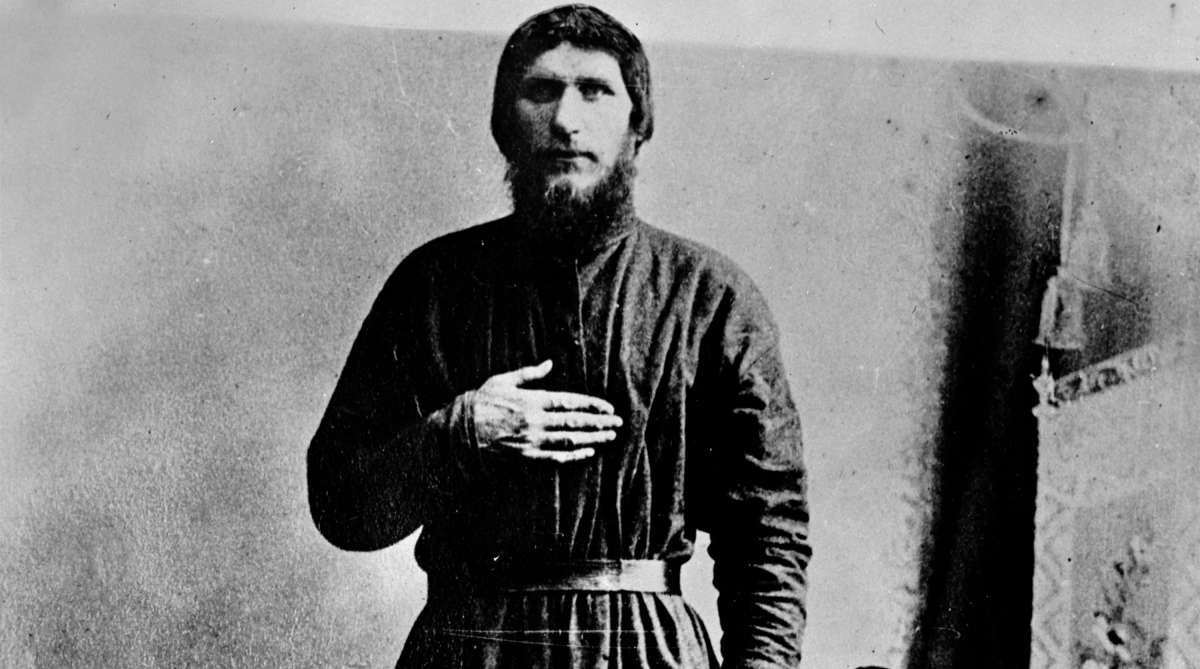
It’s surprising to learn that the man who almost took over the Russian government in 1914 and 1915 was not well educated. He attended school for only a short time, and he was unable to read or write properly. Although it is understandable that he was born in a small Siberian village where learning was not highly valued, you would expect your leaders to be well-informed about vital matters.
Rasputin wasn’t his real name
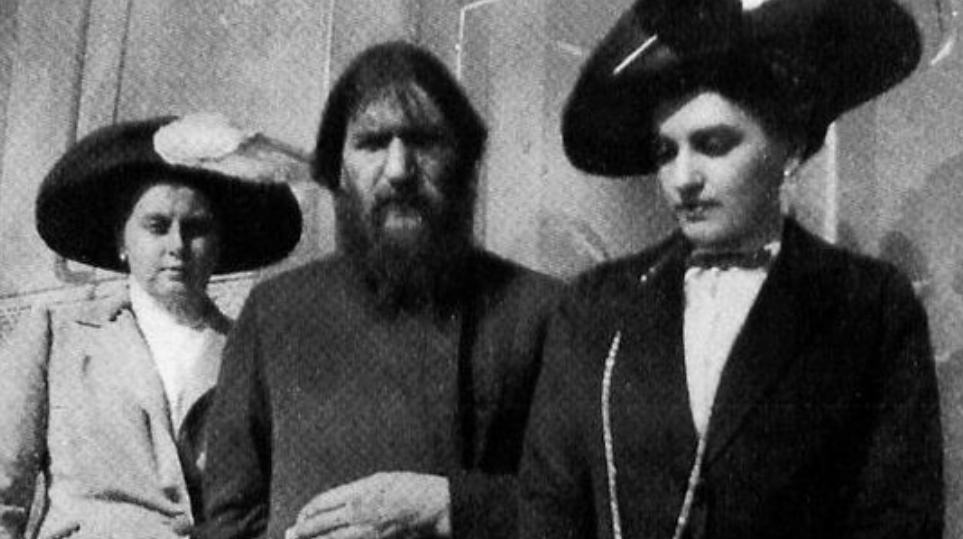
Rasputin’s origins are difficult to trace, as conflicting information about them has been widely circulated. However, historians believe that Rasputin was born in Siberia on January 21, 1869, and given the name Grigori Yefimovich Novykh. When he was a schoolboy, however, Rasputin gained a reputation for destruction and earned the nickname “Rasputin,” which means “debauched one.” He liked being called that so much that he adopted it as his last name.
The singer of ‘Rasputin’ died on the anniversary of his murder

Bobby Farrell, the lead singer of pop group Boney M., used to come on stage dressed as a cartoon version of Rasputin to perform his signature song about the alleged affair between Rasputin and the Empress. Farrell died in St. Petersburg on December 30, 2010, on the 94th anniversary of Rasputin’s murder in the same city. Farrell had performed at a corporate party the night before and was found dead in his hotel room the next morning. This creepy coincidence is just one example of the mysterious stories that surround the life and death of the famous Russian mystic.
The Romanov daughters carried around photos of Rasputin

While living at the Russian court, Rasputin became close to the Romanov children. Their secluded lifestyle prevented them from having many friends, but they did have Rasputin as an advisor to their parents. The girls were taught to treat Rasputin as a friend and confidant. After their deaths, the world learned just how close they were — they all wore amulets containing Rasputin’s picture.
A former prostitute attempted to assassinate him

On June 29, 1914, former prostitute Khioniya Guseva attempted to assassinate Grigori Rasputin in Pokrovskoe Selo, his home village in western Siberia. It is said that Guseva attacked Rasputin either as he left church or while he was reading a telegram outside the post office. Guseva stabbed Rasputin in the abdomen and announced, “I have killed the Antichrist!” Before she could finish him off, however, Rasputin hit her in the face with a shaft and fled. The crowd chanted, “Let’s kill her!” Guseva turned herself in to the police and was placed on trial. After seven weeks, Rasputin recovered. Although Guseva’s attempt to murder Rasputin failed, it’s said that his behaviour greatly altered after the attack. Guseva, meanwhile, was deemed to be insane and committed to an asylum.